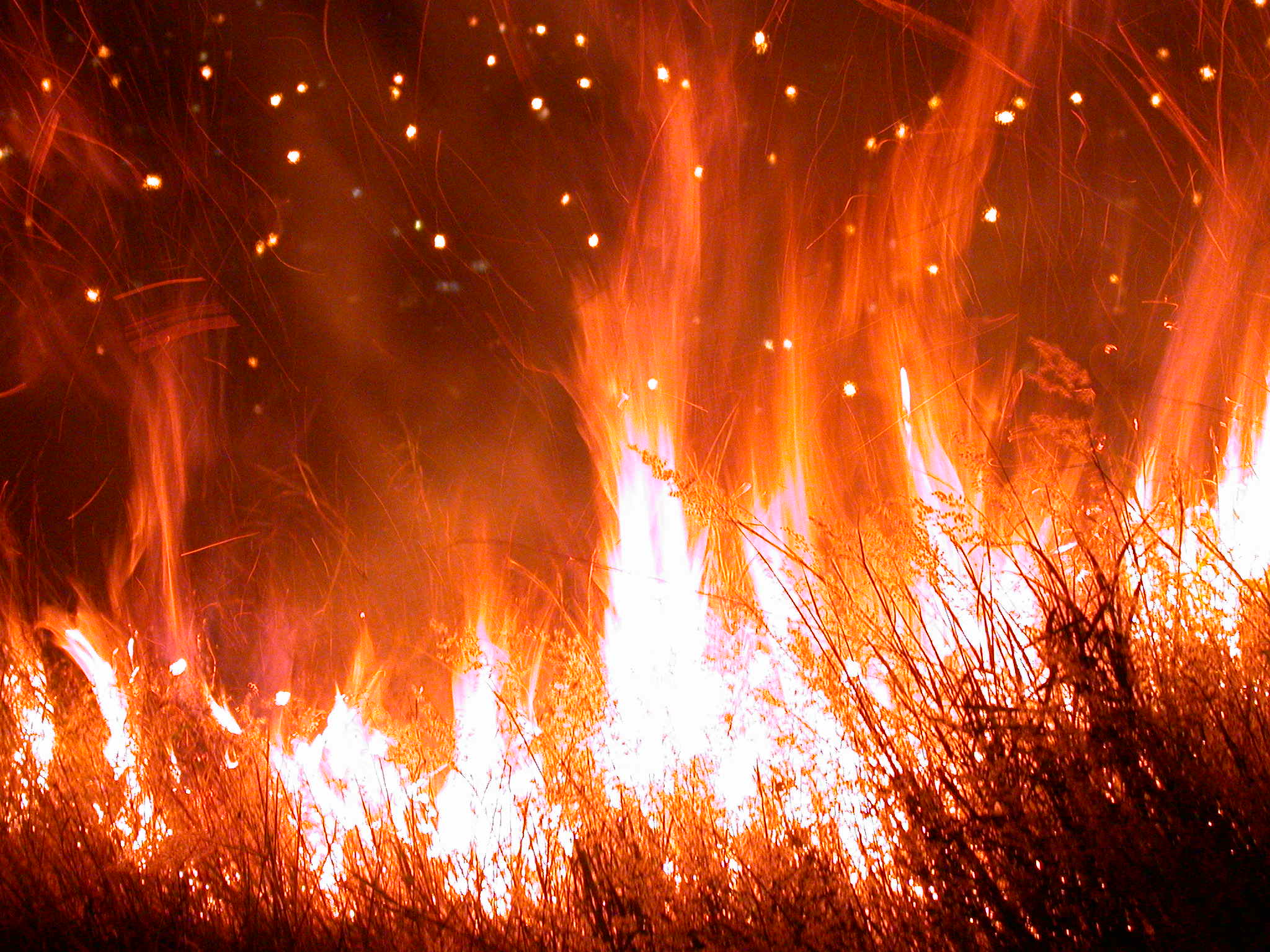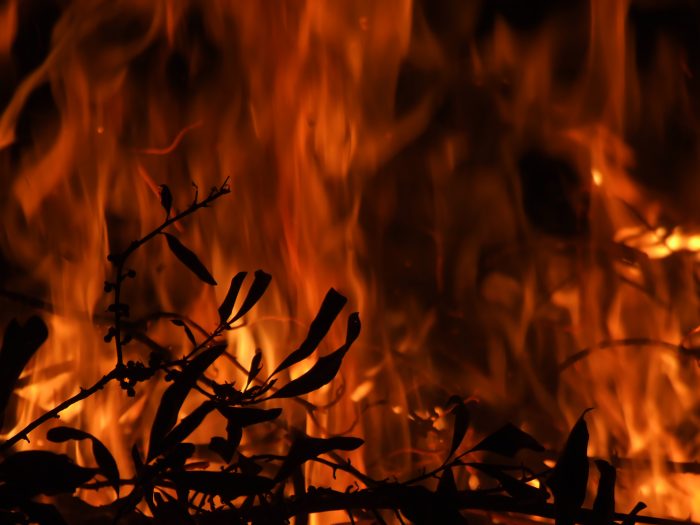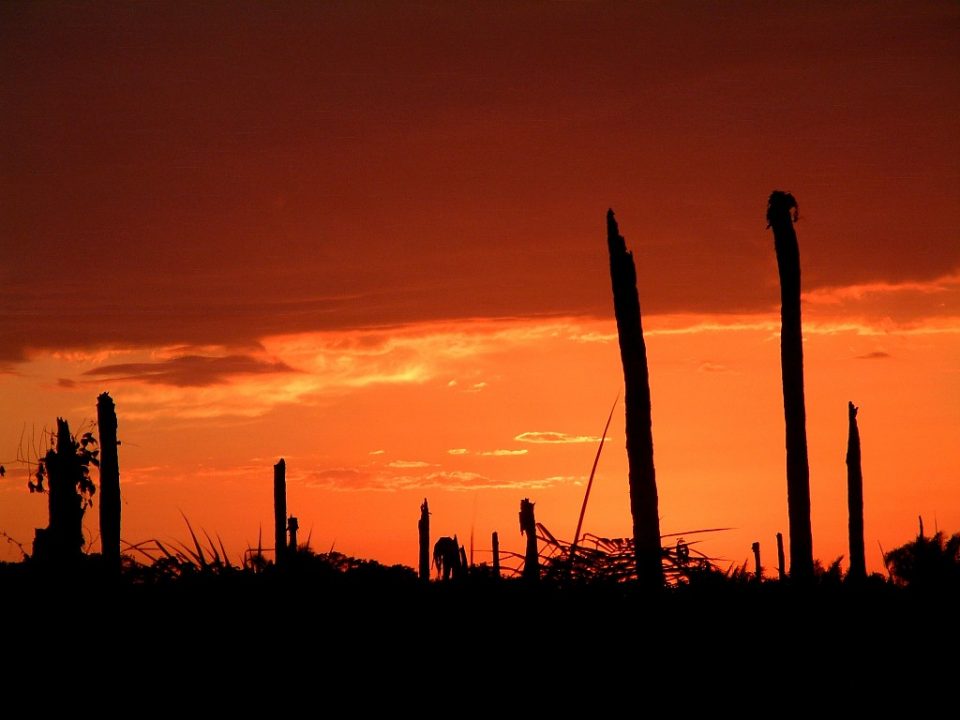It’s been a rough old time for the world’s rainforests of late. Over in Brazil, discount store autocrat Jair Bolsonaro has been fanning the flames of the Amazon with his environmentally negligent policies.
Meanwhile, closer to home, a choking pall of smoke has blown from Indonesia’s burning forests over huge swathes of the nation, and indeed neighbouring countries, straining international relations and diplomatic ties and making Singaporean and Malaysian eyes smart.
Alas, the clearing of land for palm oil plantations is responsible for about 80 percent of Indonesia’s forest fires and the country remains the world’s largest producer of this controversial product, accountable for a full 56 percent of global supply last year – think about that next time you reach for the peanut butter. Meanwhile, Indonesia’s tropical forests are filled with a dazzling array of biodiversity, containing a full 10 percent of the world reptile, mammal, bird, and fish species.

Sadly, and reflecting an all-too-familiar Indonesian political culture, the country’s Minister of Environment and Forestry, Siti Nurbaya Bakar – yes, that really is her name – in the face of overwhelming evidence, data, and satellite photos stretching back years, continues to deny that fires in the country are sending banks of toxic haze across the region, a stance that is undermining the country’s credibility on the international stage.
Indeed, data has revealed that while 470 fires recently raged across Indonesian Borneo and 387 fires burned Sumatra, only seven hotspots were detected in Malaysia. Indonesia ratified the ASEAN Agreement on Transboundary Haze Pollution in the wake of the terrible forest fires of 1997 and 1998. However, it seems clear that it is not taking its responsibilities under this agreement seriously. Moreover, the fires also spell the death knell for Indonesia’s commitment to curbing its carbon emissions.
Exposure to this kind of choking haze can lead to serious health issues, including asthma, bronchial asthma, bronchitis, acute respiratory infections, and permanent reductions in lung function, and obviously the very young and the very old suffer the most when the Pollutants Standards Index (PSI) tips into the red.
For reference, a PSI of 100 mcg/m3 (micrograms per cubic metre) is classified as unhealthy, while anything above 300 is considered hazardous. Compare that with the literally eye-watering figure of over 2,400 which was posted in Indonesian Borneo’s Palangkaraya recently and the problem, if nothing else, becomes clear.
However, as well as humans, a toll is also being exacted on other parts of the natural world. In recent years, for example, much of the natural habitat of Indonesia’s iconic but perilously threatened orangutans has been destroyed. Indeed, many orangutans have been found to be suffering from the kind of respiratory infections that usually affect humans. This further imperils a critically endangered species, whose numbers have dwindled to just 100,000 from around 290,000 in 1973. Beyond these poor great apes, other animals in the rainforests also suffer, while even flowering plants and pollinators are affected.
Unfortunately, regional ASEAN relations, often quite fractious at the best of times as a result of various squabbles over fishing rights and the like, have been further strained by Indonesia’s vast, out-of-control smoke machine. Singapore and Malaysia have both been submerged in an uninvited haze of late, like reluctant kids dragged along by their dads to a Pink Floyd concert. Singapore’s almost sterile, hyper-cleanliness was compromised by a huge haze bank in recent weeks, which had thankfully dissipated somewhat prior to the recent Formula One Grand Prix.
Meanwhile, Malaysia had to close hundreds of schools and ended up sending half a million facemasks to its Borneo province of Sarawak. At a more practical level, stronger ASEAN cooperation has yet again been mooted and the perhaps ludicrously overoptimistic plan is to create a haze-free ASEAN region by 2020. Things seem to actually be slamming into reverse in this regard, as the memorandum of understanding that covered various cross-border cooperation initiatives between Indonesia and Malaysia has not been renewed in recent years.
And of course, in addition to Borneo’s burning jungles, Jakarta’s urban jungle, which is where many of us expatriate carpetbaggers live of course, has seen a significant spike in its levels of air pollution over the last two or three months, often topping global air pollution lists in the process, “we are the champions, my friends, and we’ll keep on coughing… ’til the end.”

Clearly the city’s traffic plays a significant role in this stubborn problem, however, other global megacities are also cursed with purgatorial traffic. What pushes Jakarta to the top of the list, at least according to the vigorous debates that liven up certain web fora that I frequent, is the open burning of rubbish and refuse which continues unchallenged and unabated across pretty much the entire city.
And this is in spite of the fact that the burning of trash is illegal. Once again, there is only the most tenuous of connections between what the law says here and what actually happens in reality. Indeed, in Jakarta, fines of up to Rp1 billion (around US$70,000) can be imposed upon persistent trash torchers, although the authorities clearly turn a blind eye. A lack of reliable waste collection services is mainly to blame, while the city’s main dump sites are already full to bursting point. Ideally, the city government would employ another of its orange suited task forces to travel the urban highways and byways cracking down on these fire-happy miscreants.
At a personal level, the short answer is to purchase an air purifier for your home. My Xiaomi S2 cost just over Rp2 million and is a superbly well put together device, as Chinese electronics generally are these days. So far it has done a terrific job of freshening up my pad. Look out for models from Sharp, Duux and Blue Air too. In the evening, I can get the PSI level in my admittedly pretty diminutive apartment down to below 10, while a single filter will last several months and is easily and cheaply replaceable. Definitely the way to go in these increasingly hazy times my friends, NB Xiaomi air filters are not available in vanilla or blueberry flavours, vaping fans.




